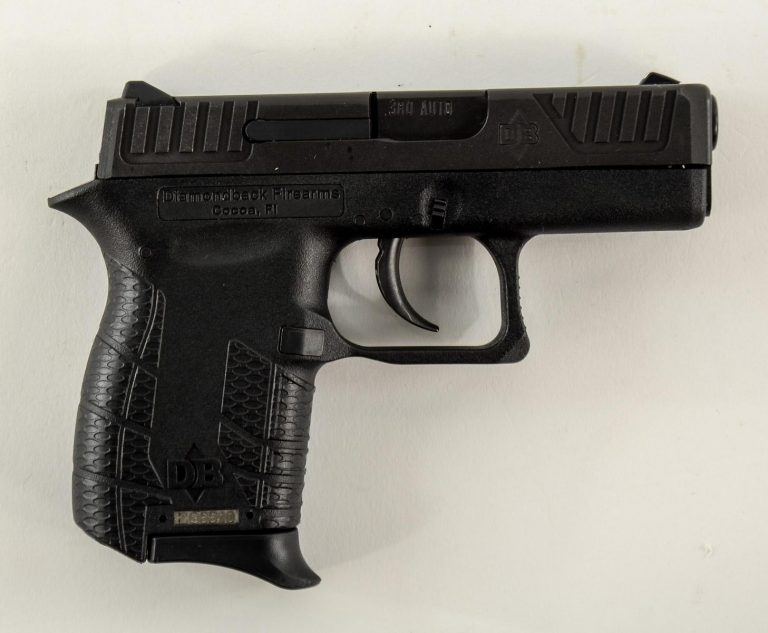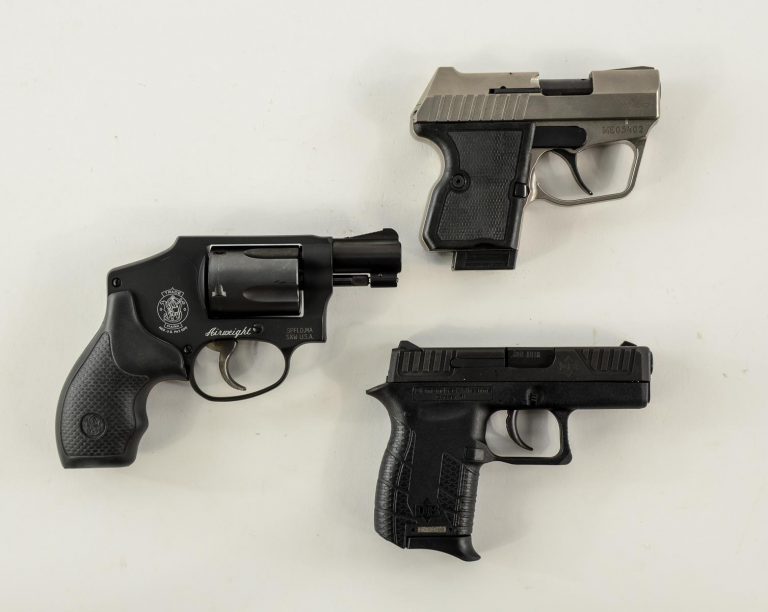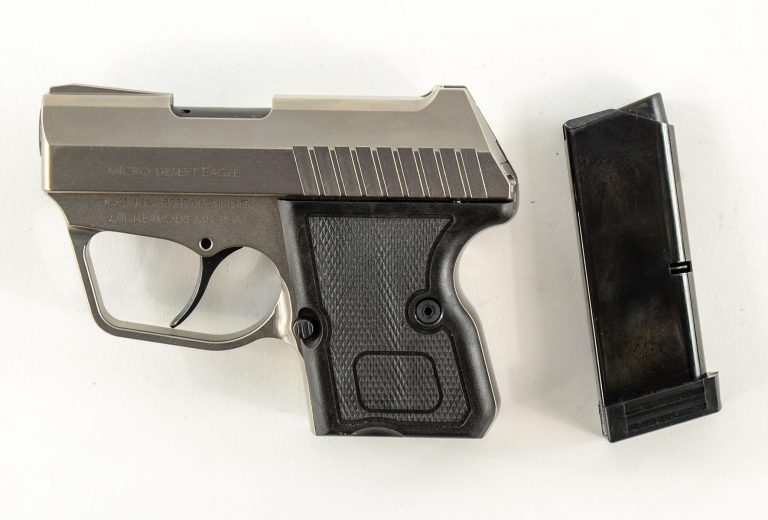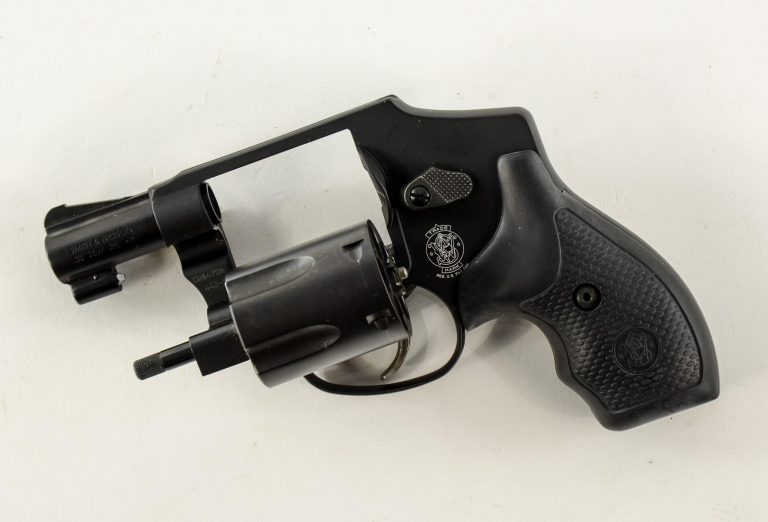Ultimate Guide to Selling Guns in Kansas: Legal Requirements & Safe Practices
- Home
- Ultimate Guide to Selling Guns in Kansas: Legal Requirements & Safe Practices
Overview of Gun Selling in Kansas
Key Considerations for Selling Guns
First, let’s talk about essentials. Understanding the market matters. Kansas boasts a rich history of firearm ownership, with an estimated 179,350 firearms sold in the state in 2023. Many buyers look for specific types – antique models, high-tech firearms, or unique gun collections. Knowing what buyers want ups your selling game.
Transparency’s crucial. Buyers value honesty about a gun’s condition. Detailed descriptions and high-quality photos enhance trust. Think about attending local gun shows. These events connect you with potential buyers and provide insights into current market trends.
Leverage online platforms. Websites expand your reach. Just ensure your listings comply with local and federal laws.
State vs Federal Regulations
In Kansas, selling guns involves understanding both state and federal laws. Kansas is known for its lenient regulations but federal laws still apply.
Kansas doesn’t mandate a state permit for selling firearms, but federal law requires you to have a Federal Firearms License (FFL) if you’re selling guns as a business. Even private sales have rules.
For example, you can’t sell to anyone prohibited under federal law. In case you’re selling part of an estate collection, consider legal consultations to ensure all transactions are above board. Knowledge of Kansas’s Stand Your Ground Law and concealed carry stipulations also helps in understanding your buyers’ mindsets.
Kansas allows anyone 21 and older to carry concealed firearms without a permit, which may influence buyer preferences. Consult the Bureau of Alcohol, Tobacco, Firearms and Explosives (ATF) for precise guidelines. Staying compliant ensures smooth and legal transactions. In 2022, the ATF traced 4,521 firearms in Kansas, with pistols being the most common type at 3,447 traces.
Market Trends and Demographics
Understanding the local market is crucial. In 2023, Kansas had a gun sale rate of 846 per 10,000 residents aged 21 and over. This indicates a strong demand for firearms in the state. The most popular caliber for traced firearms in Kansas is 9mm. The Guns & Ammunition Manufacturing industry in Kansas is also growing, expected to reach $113 million in revenue by 2024. This growth may influence the types of firearms in demand. Age demographics play a role in gun sales.
The ATF reports on the age of possessors for traced firearms, which can help sellers understand their potential customer base. Equip yourself with the right knowledge to succeed in this thriving market, where gun sales remain robust despite a slight 4% decrease from 2022 to 2023.
Legal Requirements for Selling Firearms in Kansas
Kansas State Firearm Ownership Restrictions
Documentation Needed for a Gun Sale
Unlike other states, Kansas has a streamlined process for documentation during gun sales. But, proper record-keeping is crucial. When you sell a firearm, document the transaction with a bill of sale. Include details like buyer and seller names, firearm make, model, serial number, and the date. Having this documentation not only ensures a transparent sale but also protects you if questions arise in the future.
Background Check Requirements
Options for Selling Guns in Kansas
Selling Through Licensed Dealers
Private Sales and Legal Implications
Private sales in Kansas are permissible, but they carry legal implications. You need to be cautious. Kansas doesn’t require background checks for private sales, but it’s advisable to conduct one for safety. You’ll also want to draft a bill of sale. This document records the transaction details and can be vital if questions arise later. Selling to prohibited persons, like felons, is illegal. Always ensure that the buyer is legally allowed to own a firearm.
Avoiding potential pitfalls makes the process smoother. Knowing your legal obligations ensures safe and lawful transactions, protecting both you and the buyer.
Private sales can be a great way to pass on gun collections, whether from estate collections or personal holdings, but always ensure compliance with local and federal laws.
Specific Rules for Different Firearm Types
Handguns vs Long Guns
You might wonder if there’s a difference between selling handguns and long guns in Kansas. There is. Kansas laws treat handguns (like pistols and revolvers) differently from long guns (like rifles and shotguns).For handguns, you’ll need to ensure that the buyer is at least 21 years old and legally eligible to own a firearm.
Federal law prohibits selling handguns to individuals prohibited by law, like those with certain felony convictions. Always verify through a background check to ensure everything complies with Kansas law. In 2022, handguns accounted for 76.2% of all firearms traced in Kansas, with 9mm pistols being the most common.Long guns, on the other hand, have slightly different rules.
Buyers must be at least 18 years old. While Kansas law aligns with federal regulation, it’s a good practice to still conduct a background check even though private sales don’t explicitly require it. This ensures both compliance and safety in the transaction. In 2022, rifles and shotguns combined accounted for 22.8% of traced firearms in Kansas.
Restrictions on Antique and Homemade Firearms
What about old or custom-made pieces in your gun collections? Selling antique and homemade firearms has unique regulations. In Kansas, antique firearms (generally those made before 1899) often escape contemporary firearm laws, making transactions easier. But, you’ll still need to verify that the antique’s status qualifies under federal guidelines. These guns don’t require a Federal Firearms License (FFL) when sold, making things simpler but still requiring caution to ensure compliance.
Homemade firearms, also known as “ghost guns” because they lack serial numbers, bring a different set of challenges. As of now, selling these in Kansas demands that the firearm meets all federal requirements before the sale. You must ensure that these homemade guns are serialized and do not violate any manufacturing laws. The serial number must be engraved, akin to commercial firearms, to stay compliant.
Tips for Conducting Safe and Legal Firearm Sales
Best Practices for Meeting Buyers
Meet buyers in safe, public locations to ensure security. Law enforcement agency parking lots often have designated areas for such transactions. Always confirm the buyer’s identification—both driver’s licenses and state-issued IDs work.
Bringing a friend along enhances safety. Never meet buyers at your home unless you trust them implicitly. Remain watchful during the meet-up. Conducting transactions in daylight can help deter suspicious activity.
Ensuring Compliance with Local and Federal Laws
Understand both local and federal laws surrounding gun sales in Kansas. According to the Bureau of Alcohol, Tobacco, Firearms and Explosives (ATF), buyer background checks are mandatory if you’re selling through a licensed dealer. For private sales, Kansas law requires confirming the buyer is legally permitted to own firearms.
Age restrictions are vital. Handguns can only be sold to individuals 21 or older, while long guns can be sold to those 18 and older. Confirming the absence of felony convictions in buyers is non-negotiable—selling to a prohibited individual is illegal.
The Kansas Department of Revenue specifies that collecting sales tax may be necessary for commercial sales. Documentation of every sale, including descriptions and serial numbers of the firearms, ensures compliance and simplifies record-keeping.
Selling Your Estate Or Gun Collection in Kansas?
Selling an estate or gun collection in Kansas? Why not work with a licensed and trusted expert who’s done this before?
At CT Firearms Auctions, we pride ourselves on being a trusted and fully licensed firearms dealer. Our extensive knowledge of state and federal laws ensures that every transaction is conducted with the utmost safety. With years of experience in valuing and handling large and estate gun collections, we understand the importance of your investment.
Want to be sure your collection investment gets what it deserves? Reach out to us today.



